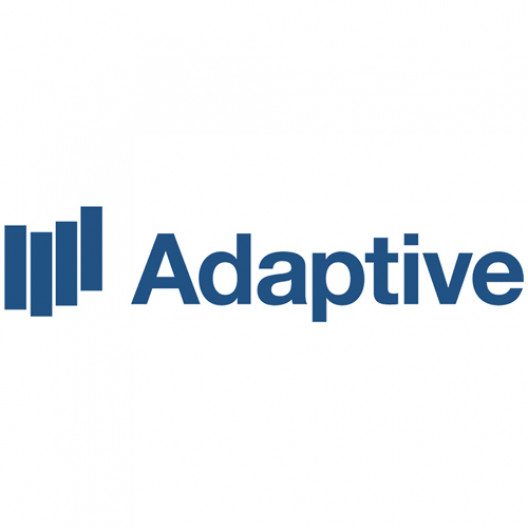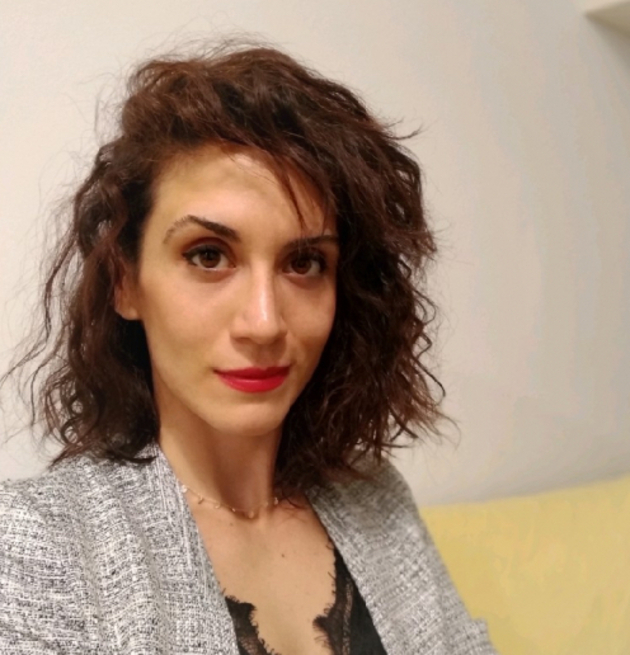
DOs and DOn’ts when being an LGBTQ+ ally
There’s still a long way to go for humanity to be 100% inclusive and respectful. Even those closest to becoming masters of inclusivity have some sort of prejudices. It is everyone’s job to identify their prejudices (we can’t fix what we don’t know!) and to keep working on it; we can all learn and reprogram ourselves to become more respectful and inclusive. It may seem hard and exhausting, but it is not impossible. We may not get to that mastery in our short lives but remember that what counts is not who you are now, but who you want to be and what you do to become that person.
Regarding how we can improve our relationship with the LGBTQ+ community and become better, here are some tips I consider essential to fight against many-sorts-of-phobia:
Don’t put up with any homophobic jokes or comments.
If you’re reading this, I’m assuming you’ve already overcome the part about being the one making jokes or homophobic comments. If you still think this is okay, stop. No excuses, no “c’mon, it’s only a joke”. They’re not funny, they hurt, they are inexcusable and therefore, you shouldn’t be laughing at them either, or be silent when someone tells them. Always, even if there isn’t a member of the LGBTQ+ around (or maybe there is, maybe they are not out at work) it’s still offensive and unacceptable. It should offend you, so don’t be ashamed to make that person realize their mistake. The more we are standing up against these acts, the quicker we will realize how offensive they are.
Don’t use anyone’s sexual orientation, assigned gender or gender identity to describe them.
Start introducing to your language other adjectives to refer to people. We all talk about friends, family or acquaintances and try to find ways to make them memorable to our audience. How many times have you heard someone, or even yourself, saying “Robert, do you remember I told you about him before? Yes, the one who’s gay, remember?”. There are soooooo many other things that Robert is. Is he an accountant? Is he the one who says funny things in front of the boss? There’s no wrong or right when it comes to gender identity or sexual orientation, it is just no one’s business.
… and please let’s stop linking some traits with a specific gender or sexual orientation. People are who they are because that’s what they decided to be. Not all gays are hilarious / fofolles / locas, nor are all lesbians ‘butch’. This obviously applies to assigned gender and gender identity too. No one group is comprised of people who are all the same, so let’s stop giving generic traits to everyone, it is derogatory!
Listen to the way you talk or think about certain people and situations.
Unfortunately, real open-minded people are rare. We all have prejudices, different ones and to a greater or lesser extent, but there they are. The thing is to keep an eye on them, be ready to spot them and work to gradually change our thinking. Listen to the way you refer to them, are you using offensive names? They may not be contemptuous words, but they may have negative connotations. Even those ones can be changed into neutral words. Work every day to find them and change them.
Start following associations and people from and supporting the LGBTQ+ community. You will learn, you will be informed, you will normalize things that are not yet common to you and it’s an easy way to show your support to the community.
You don’t need to have friends in the LGBTQ+ community, and if you do, you don’t need to say it either. Being an ally doesn’t mean that you must know someone from the community. And knowing someone from the community doesn’t give you rights to judge them or assume things. So, if you still do the “Many of my friends are gays, but/and…” thing, consider stopping it. You are not in that community, so you cannot talk for them (plus, again, we aren’t all the same!). You can always express your opinion, defend their rights and help others to become an ally, but you shouldn’t be talking for them or assuming you know things just because you have a friend who’s LGBTQ+.
And I wasn’t even going to add this one, but I recently heard this happening to a friend of mine. So, let’s remember this.
Don’t ask stupid questions.
“When did you choose to be gay?” “Who’s the man in the relationship” “Who’s going to propose to whom?” Seriously? When coming to this, just ask yourself if you’d like to be asked these kinds of things. Now, if you wouldn’t mind being asked these questions, think how ridiculous it would sound if someone asked them to you. “When did you decide to be straight?” What? Exactly.
Does this mean you cannot talk about relationships or sex with a person from the LGBTQ+? Of course, you can and you should if you are building a close friendship with someone and you both want to open up.
When starting to talk about private topics with your straight acquaintance, would you ask them direct questions about their sexual preferences? I doubt it. You would be very careful sounding them out, seeing where they want to get to in the conversation before mentioning, asking or joking about something intimate. Well, there you go. That’s how you can talk about it with people from the LGBTQ+ community, bearing always in mind that they want and deserve privacy and respect. Just because they differ from what has been considered “normal” in the past, they shouldn't constantly justify what they do, when they do it, who they do it with and why they do it.

Communications Officer at Adaptive

